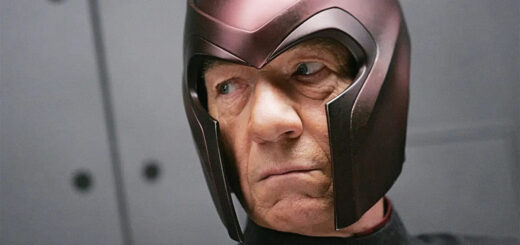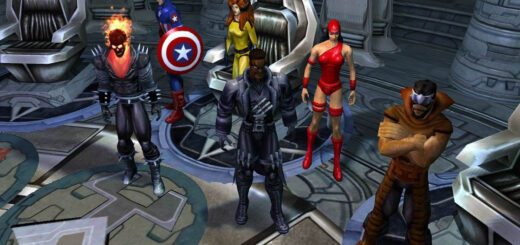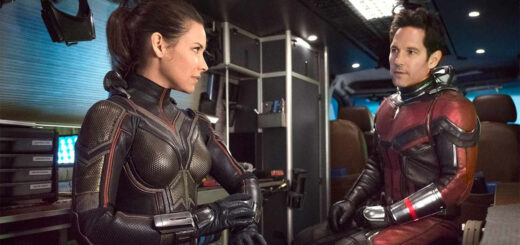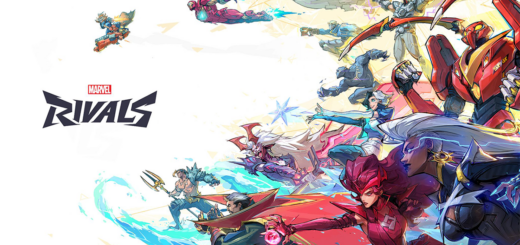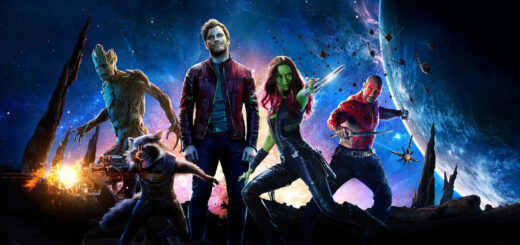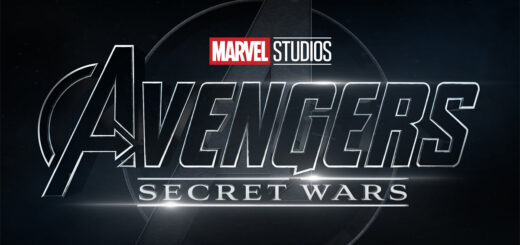Iron Man: The Evolution of Marvel’s Technological Titan
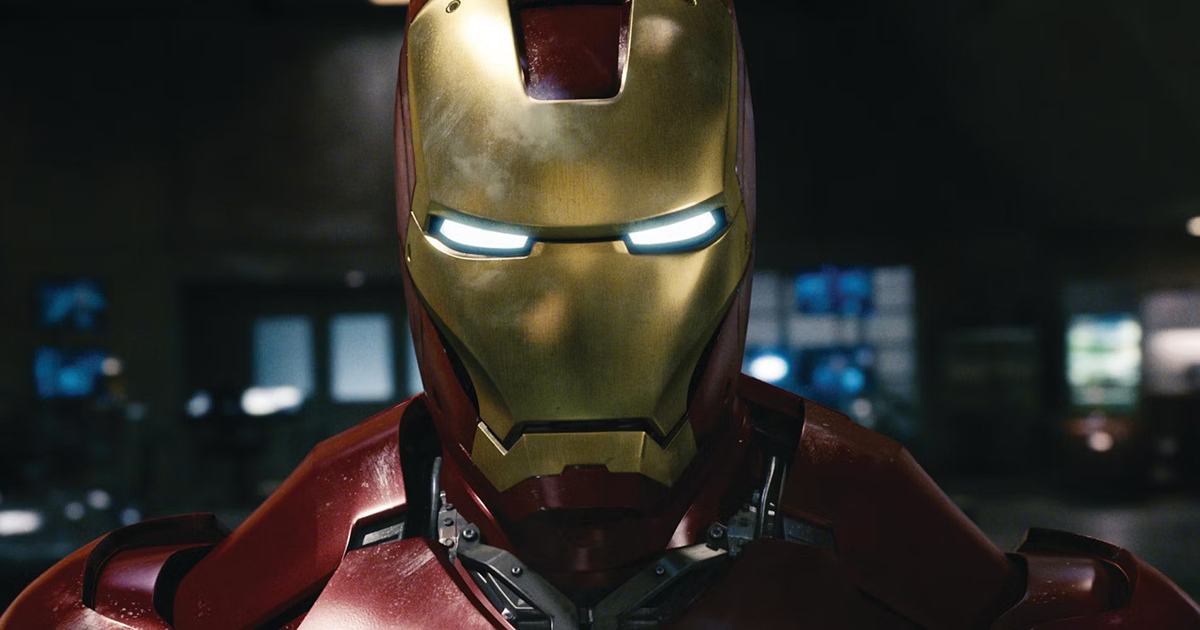
Iron Man, a name synonymous with cutting-edge technology, heroism, and the Marvel Universe, has captured the imagination of millions around the globe. Since his first appearance in 1963, Iron Man has evolved from a Cold War symbol to a cornerstone of the Marvel Cinematic Universe (MCU). This blog post delves into the origins, evolution, and enduring legacy of Iron Man, exploring how a character created in the 1960s became a 21st-century cultural icon.
Origins: The Birth of a Technological Titan
Iron Man debuted in Tales of Suspense #39 in March 1963, created by writer and editor Stan Lee, scripter Larry Lieber, and artists Don Heck and Jack Kirby. The character, Tony Stark, was a wealthy industrialist and genius inventor who built a powered suit of armor to save his own life after being captured and injured by enemy forces.
Tony Stark was modeled after the then-controversial figure of Howard Hughes, an eccentric inventor, and businessman. His alter ego, Iron Man, served as a direct commentary on the technological arms race and the complexities of war during the Cold War era. Stark’s initial suit of armor was bulky and grey, a stark contrast to the sleek red and gold design that fans are familiar with today.
Evolution: From Comic Pages to the Silver Screen
Iron Man’s character underwent significant development over the decades. The 1960s and 70s saw Tony Stark grappling with personal demons, including his battle with alcoholism, which was poignantly depicted in the “Demon in a Bottle” storyline. This vulnerability made him a relatable and multi-dimensional character, distinguishing him from other superheroes who often seemed infallible.
The 1980s and 90s brought more complex storylines involving corporate intrigue, technological innovation, and ethical dilemmas. Stark Industries became a symbol of both the benefits and dangers of advanced technology. Iron Man’s rogues’ gallery expanded, introducing formidable foes like the Mandarin, Whiplash, and Justin Hammer.
The MCU and Robert Downey Jr.: A Cultural Phenomenon
Iron Man’s leap to the big screen in 2008 was a game-changer, both for the character and the superhero genre as a whole. Directed by Jon Favreau and starring Robert Downey Jr. as Tony Stark, Iron Man was the film that launched the Marvel Cinematic Universe. Downey Jr.’s charismatic portrayal of Stark brought a perfect blend of wit, charm, and vulnerability, endearing him to a new generation of fans.
The success of Iron Man paved the way for an interconnected universe of films, culminating in blockbuster hits like The Avengers, Avengers: Infinity War, and Avengers: Endgame. Stark’s journey from a self-centered billionaire to a self-sacrificing hero who saves the universe provided a compelling narrative arc that resonated deeply with audiences.
The Impact and Legacy of Iron Man
Iron Man’s influence extends beyond comic books and movies. The character has become a symbol of innovation, resilience, and redemption. Stark’s technological genius and his armor’s futuristic designs have inspired real-world advancements in technology and robotics. The character’s philanthropic endeavors in the comics and films have also highlighted the importance of using wealth and intelligence for the greater good.
Moreover, Iron Man’s story has emphasized the theme of personal growth and redemption. Tony Stark’s evolution from a reckless playboy to a responsible hero who prioritizes others’ safety and well-being is a powerful message about the potential for change and the importance of taking responsibility for one’s actions.
The Everlasting Influence of Iron Man
Iron Man’s journey from a Cold War relic to a modern-day icon reflects the dynamic nature of superhero narratives and their ability to adapt to changing times. Whether through the pages of comic books or the frames of blockbuster movies, Iron Man has left an indelible mark on popular culture. As we look to the future, the legacy of Tony Stark and his alter ego will continue to inspire and captivate audiences, reminding us that even in the face of great adversity, we have the power to create, innovate, and become heroes in our own right.


